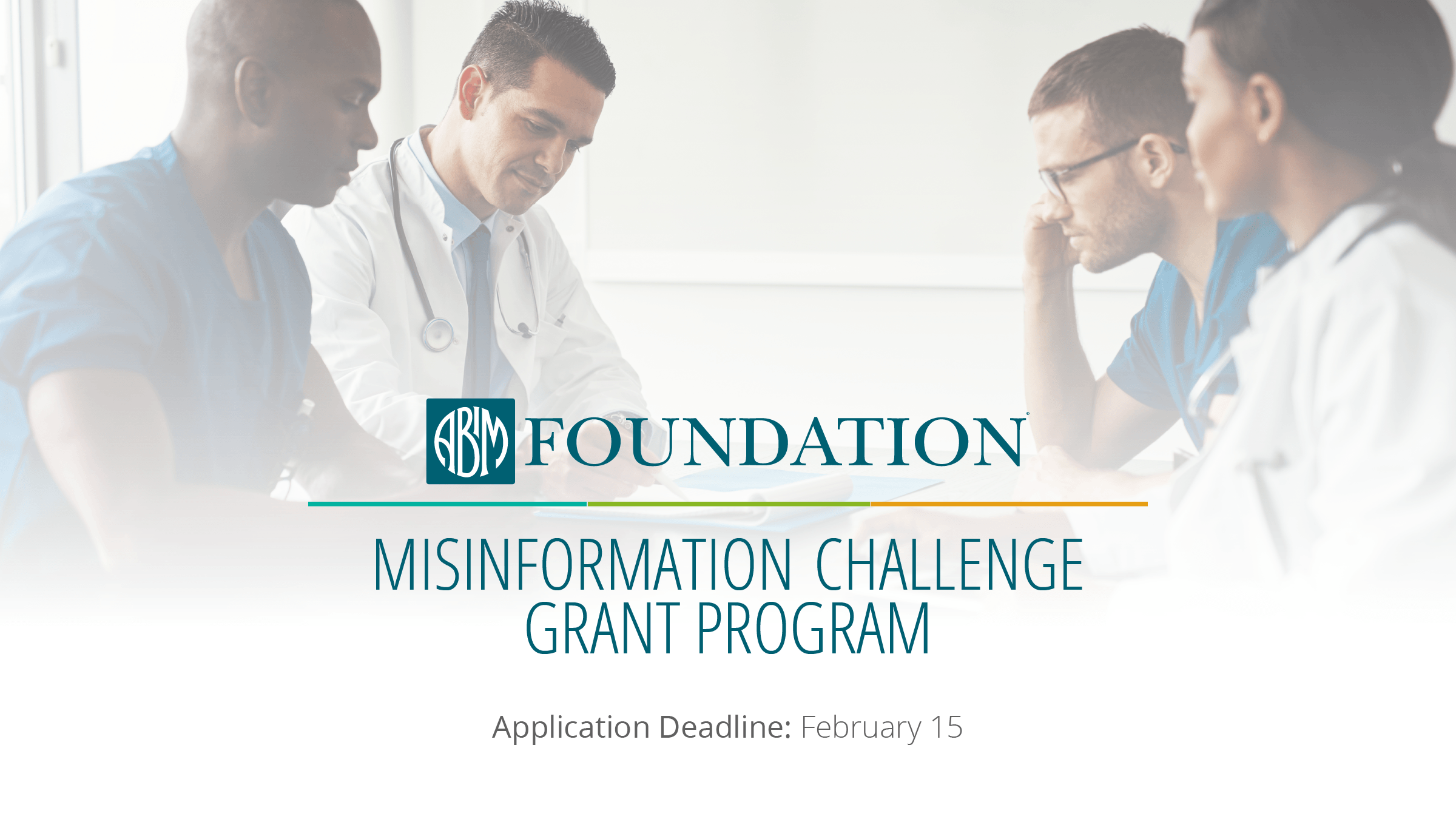The work to win a patient over
She entered the room, on my side of the clinic. She had set up an appointment to see a new primary care provider. I have complete oversight of all aspects of the practice but on that day of the week, to her, I was just the new ‘doctor.’ We started with the pleasantries but the conversation took a turn.
She wanted to know if she was assigned to this side of the clinic because she was Black. I was taken aback. I tried to understand the context of the question and find a way to make her feel at ease. However, deep inside, I knew why she asked: because she perceived me as another Black woman.
This is what it is like to ‘Doctor’ while Black…
I felt the brunt of her pain and knew I had to answer for myself and the system as well. We were now well into our visit and this detour meant that I would be running late. So, I asked myself: How much can I deal with her visit and the system today?
The conversation started again: “I can see that you are upset. Can you tell me more about why you feel that way?”
I took a deep breath to actively listen.
“My doctor left the practice. I had been with her a long time; she was white but great. It was in a different building with a different feel. All I see here are Black patients and you, the doctor, are also Black. I am just wondering — no offense.”
I paused to collect my thoughts.
She was silent so I continued.
We were able to move on. And by the end of the appointment, we were laughing and bonding as you would hope happens during a primary care visit. I was only five minutes behind and it was well worth it.
The question I have: Does everyone build trust this way?
Dr. Lypson is the 2021-2022 President of the Society of General Internal Medicine. She is Professor of Medicine and the Vice Dean for Education at Columbia University’s Vagelos College of Physicians and Surgeons. She previously served as a professor, Vice-Chair of Medicine, Division Director of General Internal Medicine at The George Washington University School of Medical and Health Sciences. Her work focuses on innovations and improvements in health professions education and assessment, health equity, workforce diversity, faculty development, medical care delivery, and provider communication skills.


